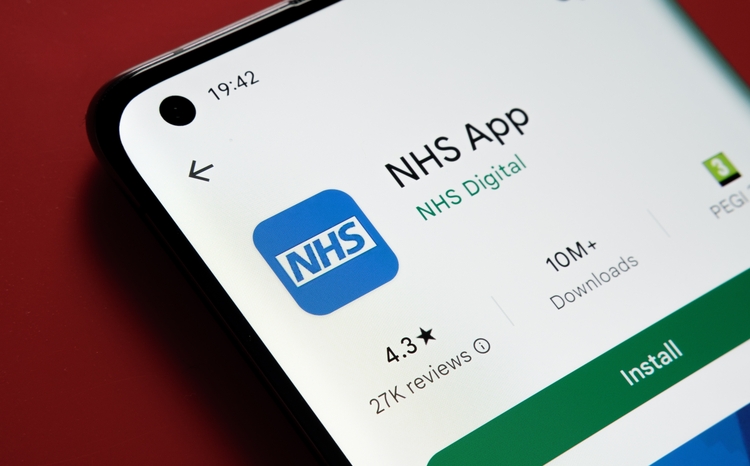TPP commits to more user communication channels
- 20 April 2006
Primary and community care systems supplier, TPP, met over 150 of its customers in its first series of user meetings recently.
TPP, whose SystmOne is used in general practice, child health, community and prison health services, has followed up with a commitment to introduce more channels of communication, including regular newsletters and further user meetings and master classes.
“By the end of the three days, it was clear that what our users value most is being kept up-to-date with what’s going on at TPP and being listened to when they have problems or suggestions,” the company said.
TPP has an ‘alternative provider’ contract with Accenture for GP systems in the North-east and Eastern regions of England, but also has users in Wales and Northern Ireland. By the end of last year it had notched up over 200 installations in GP practices.
The surge in user numbers has led to strong demand for involvement and the user meetings were expanded from one day to three.
A company spokesperson said: “Visitors told TPP that they had come to the user meetings to meet the people they had spoken to over the phone, to put faces to names, to see how TPP works and to see where their calls came through to. Some specifically wanted a chance to meet the directors. Those who were new to the system wanted to learn more about it and those a little more experienced were keen to know about new developments.”
The agenda for the days included an update on training, information about TPP’s partnership with Accenture and about using SystmOne for Practice-based Commissioning. Common themes for discussion included security, Choose and Book and communication.
Director of sales and training, Sue Sanders, who devised the user meetings alongside clinical director, Dr John Parry, says, "I hoped that we would give our users a new opinion of our company and give them confidence that we listen to and care about them. I felt that seeing our office, meeting the staff and directors and being able to chat to us in an informal atmosphere would help to achieve a much better relationship with our users."




